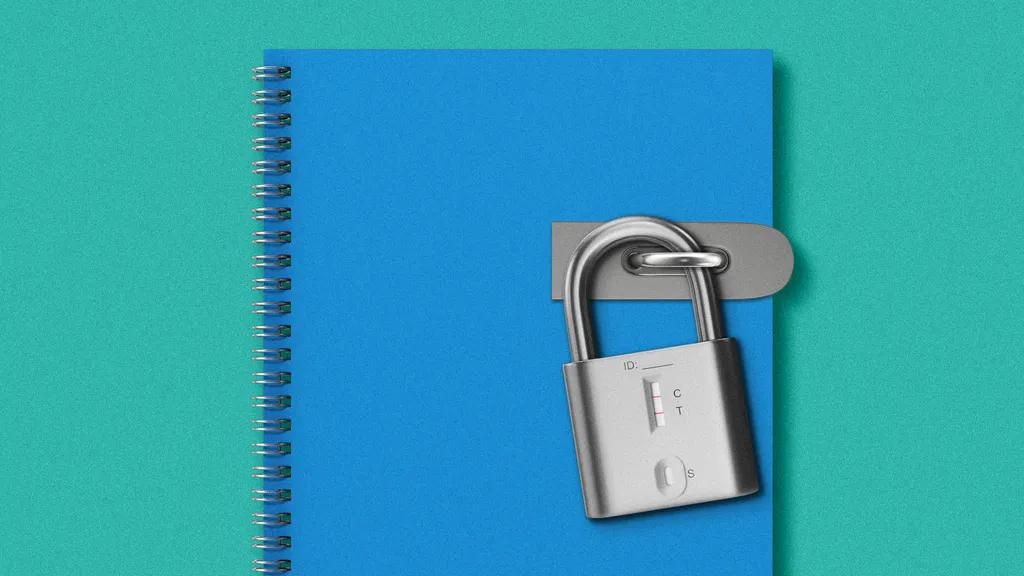 |
| Illustration by Stephen Kelly / Shutterstock |
Former education secretary Gavin Williamson says the ‘consequences for children weren’t properly taken into account’
The Covid-19 pandemic was one of the greatest disruptions to children’s education in history. Schools around the world closed at the start of the outbreak and, while some quickly reopened, many stayed closed for months. An estimated 95% of the global student population was affected, and now many countries, including Britain, are grappling with the fallout on children’s learning and wellbeing.
In the UK, “many mistakes” were made over school closures, and “the consequences for children weren’t properly taken into account”, said former education secretary Gavin Williamson yesterday. He told the Covid Inquiry, which is currently hearing evidence in its Children & Young People phase, that the then prime minister Boris Johnson “chose the NHS over children”, saying there was no “detailed plan” in place for closing schools before March 2020, despite it becoming clear in February that this would be one of the options for dealing with the pandemic.
What did the commentators say?
“New evidence emerges daily of the toll” Covid school closures took on children – from “premature ageing of adolescent brains, myopia, chronic school absenteeism”, lost learning and a dramatic rise in mental health issues, said Christina Hopkinson in The i Paper.
So did we really have to “lock the school gates to stop the spread of Covid”? Sweden, which kept most schools open, recorded fewer excess deaths than the European average.
The initial decision to close schools was justified, Mark Woolhouse, professor of epidemiology at the University of Edinburgh, told the paper, because of “uncertainties around the Covid risk to children, the risk to staff and the contribution that schools might make to the transmission of the virus”. But it was soon apparent that “there was very little evidence of those three effects from anywhere in the world”. The UK could have done as Denmark did and reopened schools in April 2020.
The effect of school closures on children’s educational attainment won’t be calculable for years, said BBC Future. Children without access to computers or reliable internet connections “inevitably suffered more” but online teaching “didn’t seem to do much to stem the tide of learning loss” anyway. A 2023 review of 42 studies across 15 countries, published in Human Nature Behaviour, estimated that pupils “lost a third of a school year’s worth of learning due to the shutdowns”. A 2023 US report on the long-term effects of this lost learning talks of “lasting economic implications” that could amount to “trillions of dollars” in future lost earnings. --->READ MORE HERE
 |
| Credit: Kenny Eliason, Unsplash |
During the COVID-19 pandemic, over 500,000 K-12 students in Connecticut had to rapidly pivot to remote and hybrid learning. Now, after five years, schools have reestablished their regular rhythms, and it's easy to imagine that the pandemic's effects on learning have subsided along with social-distancing and mask mandates.
But unfortunately, this isn't the case for many students, says Morgaen Donaldson, the Associate Dean for Research and Philip E. Austin Endowed Chair of the UConn Neag School of Education.
"COVID really drove a huge wedge [among students]," Donaldson says. "There were big gaps in learning and achievement between different groups to begin with, but COVID just made them even worse. And if we have any hope of closing them, we have to start by meeting students where they are."
For the past five years, Donaldson has worked to investigate and address the pandemic's effects on student performance and well-being. She is the co-director of the Center for Connecticut Education Research Collaboration (CCERC), an innovative partnership between the Connecticut State Department of Education (CSDE) and researchers from Connecticut's colleges and universities.
Along with her co-director, CSDE Chief Performance Officer Ajit Gopalakrishnan, Donaldson works to identify the issues currently faced by K-12 schools, develop research studies to analyze them, and ultimately design solutions.
Donaldson's own research career has focused on educational leadership, teachers' instructional practices, and district policy, drawing on her own background as a former high school teacher. Now, she is leveraging her expertise to understand the problems teachers are facing.
"I'm doing some of my own research, but also playing a facilitating and directing role," she says. "We're working to identify topics that are pressing needs in the state, finding researchers with relevant expertise within the state and creating research teams that will investigate these problems and produce solutions that are really practical."
Uniting researchers and educators --->READ MORE HEREFollow links below to relevant/related stories and resources:
Vascular mechanism may explain persistence of COVID-19 symptoms and their greater impact, especially in women
Study finds no link between mRNA COVID vaccines early in pregnancy and birth defects
USA TODAY: Coronavirus Updates
WSJ: Coronavirus Live Updates
YAHOO NEWS: Coronavirus Live Updates
NEW YORK POST: Coronavirus The Latest
If you like what you see, please "Like" and/or Follow us on FACEBOOK here, GETTR here, and TWITTER here.

No comments:
Post a Comment